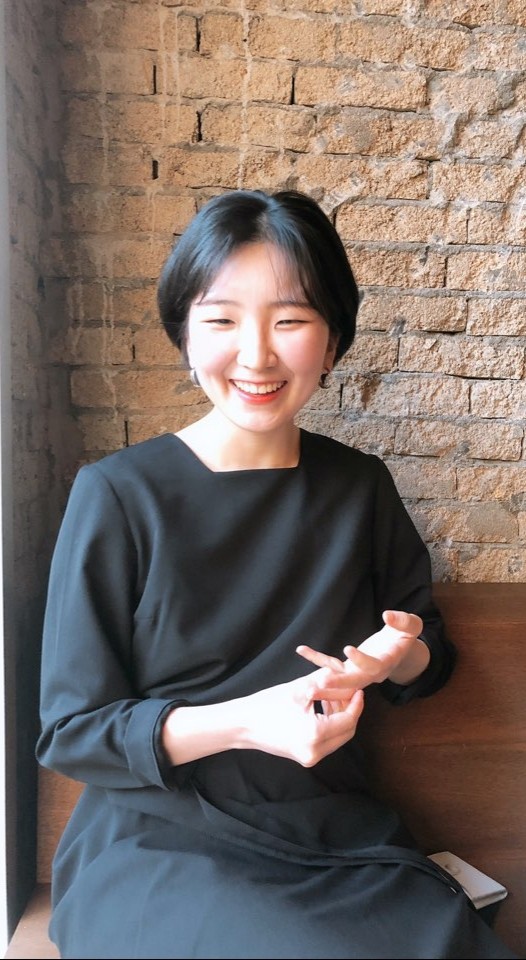
Biography:
So Yoon is a PhD candidate of sociology at the University of Chicago. She has a broad interest in the socio-spatial implications of developmental neoliberalism in Asia. Her empirical interests mainly concern two topics: the global rise of K-pop and the rise of populist leaders in East/Southeast Asia. Currently, So Yoon is working on two projects related to K-pop. First, her dissertation project ethnographically examines vocational training and gendered structures of cultural production in the K-pop industry, shedding light on the individual and organizational dimensions of K-pop. Second, as a Ph.D. research associate affiliated with the Mapping Global Impacts of Hallyu project (https://datatopower.net/), she is leading an independent project on the relationship between urbanization and the global spread of K-pop concerts.
Project Title: K-pop as a Vocation: Vocational Training, Cultural Production, and Urban Centrism in South Korea’s Popular Music Industry
Abstract:
Recently, K-pop has experienced an unprecedented level of ascendancy within a Western-centric global culture. This phenomenon requires reconceptualization following the institutionalization of vocational training and intensifying urban-centrism in Korea’s entertainment sector. Against this backdrop, this project explores 1) how individuals pursue different K-pop industry careers and 2) how this process is embedded in larger social structures and ecologies of cultural production and consumption. To better understand how and why K-pop became a vocation for many Korean youth, I will use several qualitative research methods. I plan to conduct participant observations and in-depth interviews with students, instructors, and staff at six vocational institutions based in Seoul that provide vocational training for K-pop industry careers. Upon gaining consent from student interviewees, I will longitudinally trace their career paths by conducting multiple interviews over time. To further understand the K-pop industry’s labor demands and preferred qualifications, I will also conduct rhetorical analysis of the vocational institutions’ marketing materials, K-pop industry job ads, and K-pop label audition ads. Through these analyses, this project strives to address the lack of attention to work, labor, and gender in cultural industries within American sociology, simultaneously “globalizing” sociology of culture by ethnographically examining a non-Western cultural form.
 THE UNIVERSITY OF CHICAGO
THE UNIVERSITY OF CHICAGO

